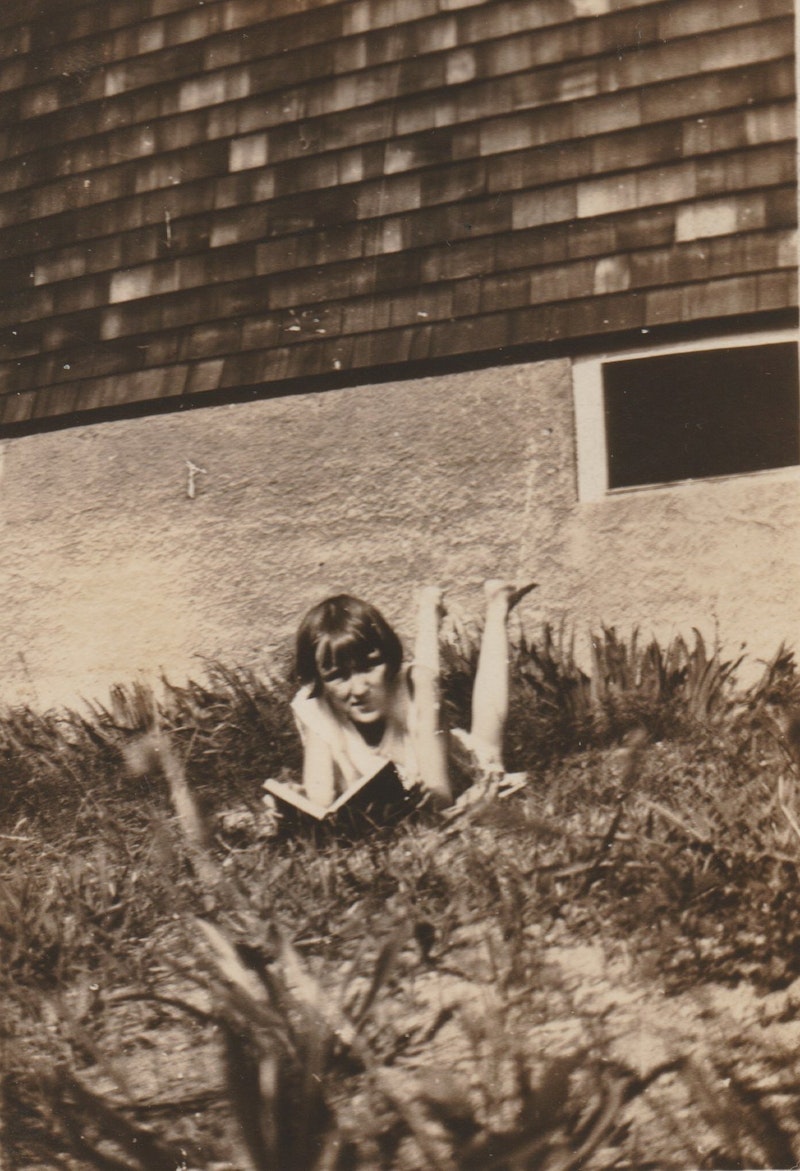Last Thursday I came across a tweet from Alec MacGillis—a well-regarded reporter (and enthusiastic booster of Baltimore, where he lives), especially among those who cling to the late-20th century powerhouse journalism—that leveled a by-now familiar blast at the tech platforms that dominate media today. He wrote: “As media layoffs spread, Amazon reports $30 billion in income, including a 27 pct increase in ad revenue. It's now the third biggest player in digital ad sales, behind Google and Meta, as all three siphon off the clicks and advertising $$ that were the lifeblood of journalism.” I’ve never met MacGillis, but he comes across as genial and hard-working, unlike so many of his colleagues who wail away about their vanishing profession. One wrinkle: MacGillis wrote a critical book about Amazon (Fulfillment: Winning and Losing in One-Click America) in 2021, an agenda worth pointing out.
Perhaps I’m wrong, but the impression MacGillis gives is that mainstream journalism was somehow robbed by Google, Meta and Amazon, that their “lifeblood” of digital advertising was ambushed by the evolution—I, too, prefer the print days of last century, but the years roll on—of the internet and the diminishing number of people who read the content of papers like The New York Times, Wall Street Journal and Los Angeles Times. (The latter two papers just had another round of layoffs.) Surely he realizes that major publishers ignored the growing pull of online purveyors in the late-1990s, starting with Craigslist, which decimated the classified advertising market for weekly and daily newspapers. Maybe he didn’t read Matt Drudge every day back then—before The Drudge Report went bonkers several years ago—since skeletal staff, operating out of Miami Beach, correctly called the—and I don’t think it’s an understatement—upcoming revolution in media.
It was also announced last week that The Messenger, a lavishly-funded website ($50 million) founded by Jimmy Finkelstein less than a year ago, after hiring 300 people and renting enormous offices, was closing down. It was a spectacular failure—I visited the site just once, to read a story by Albert Hunt for an essay I was writing—and fairly inconceivable that anyone, including the veteran journalists who were lured by fat salaries, would believe that an extravagant operation could survive in such a punishing environment for traditional publishers. It was reported the laid-off staff was livid—maybe they should’ve resisted the cash lure—as they received no severance and little warning of their workplace’s demise. That’s business—companies that shut down rarely give severance—although it was very nasty of the owners to scrub the entirety of The Messenger’s archives. (I’d imagine there are more details, probably forthcoming, about this website’s pre-ordained bust; complete speculation, but it could be the company was weighed down by lawsuits, and that’s why all the content has vanished. At one time, this business disaster would make for a Michael Lewis-type book, but today who’d read it?)
I’m in no position to criticize older readers and journalists for reminiscing about the “old days” (the old days became old really fast), since my professional career was rooted in print weekly newspapers, which after some sputtering became profitable and, I think, at the peril of gross immodesty, produced a wide variety of worthwhile journalism, especially at New York Press, which I founded and owned from 1988-2002. But that’s in the past.
As is this picture of my mother in her Bronx backyard, in the pre-TV era and when “talkies” would soon enter the public consciousness. I can only guess what book my 11-year-old mom was reading on this summer day—maybe Black Beauty, Treasure Island or “The Legend of Sleepy Hollow”—but when I was growing up she always had three books going at once (and participated in the suburban book clubs of the 1950s and 1960s, as well subscribing to Book of the Month Club; and often burned dinner because she was engrossed in a book), and it’s heartening, but not surprising, to see that reading gave her pleasure at a young age. Not that reading was part of a secret society (today, that’s what it feels like, as publishing houses lay off staff and the quality of fiction has dramatically decreased), just a commonplace activity that most kids, teens and adults, to varying degrees, took seriously.
Look at the clues to figure out the year the photo was taken: Airplane Coaster opens at Rye, New York’s Playland; Charlie Chaplin releases The Circus; Jean Lussier goes over Niagara Falls in a rubber ball; the first machine-sliced bread is sold in Missouri; an iron lung respirator is used for the first time in Boston; the New York Rangers win their first Stanley Cup; Fats Domino is born and Thomas Hardy dies; first air-conditioned office opens in San Antonio; Aldous Huxley’s Point Counter Point is published; Bessie Smith’s “Empty Bed Blues” is a top hit; and Heinz Baked Beans are manufactured for the first time in the UK.
—Follow Russ Smith on Twitter: @MUGGER2023

